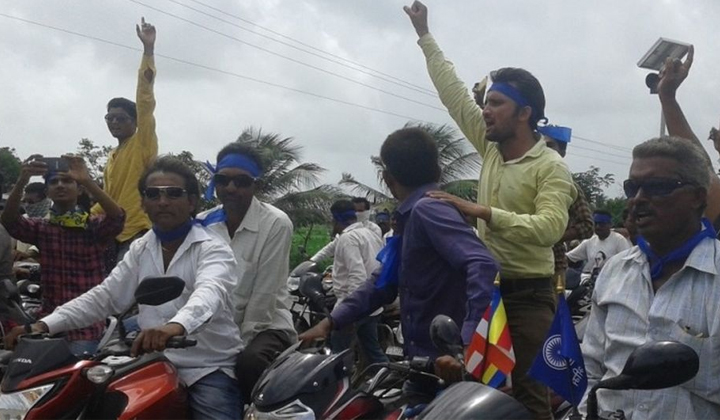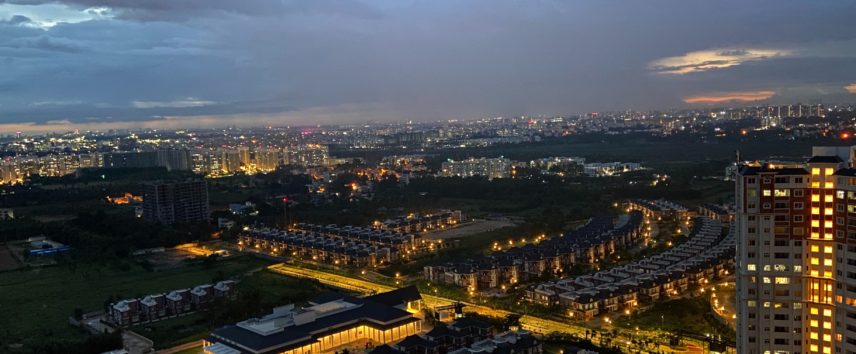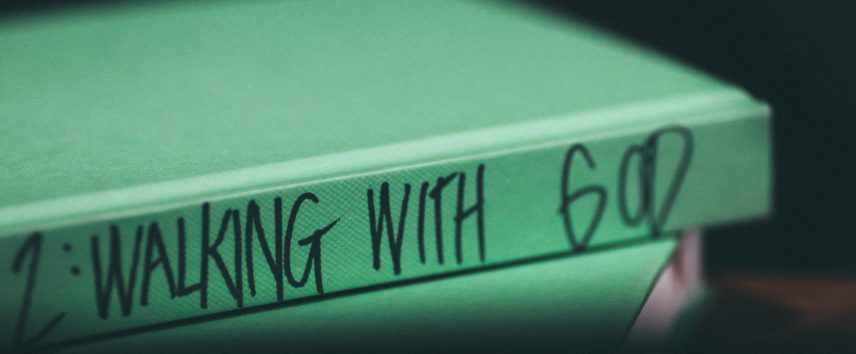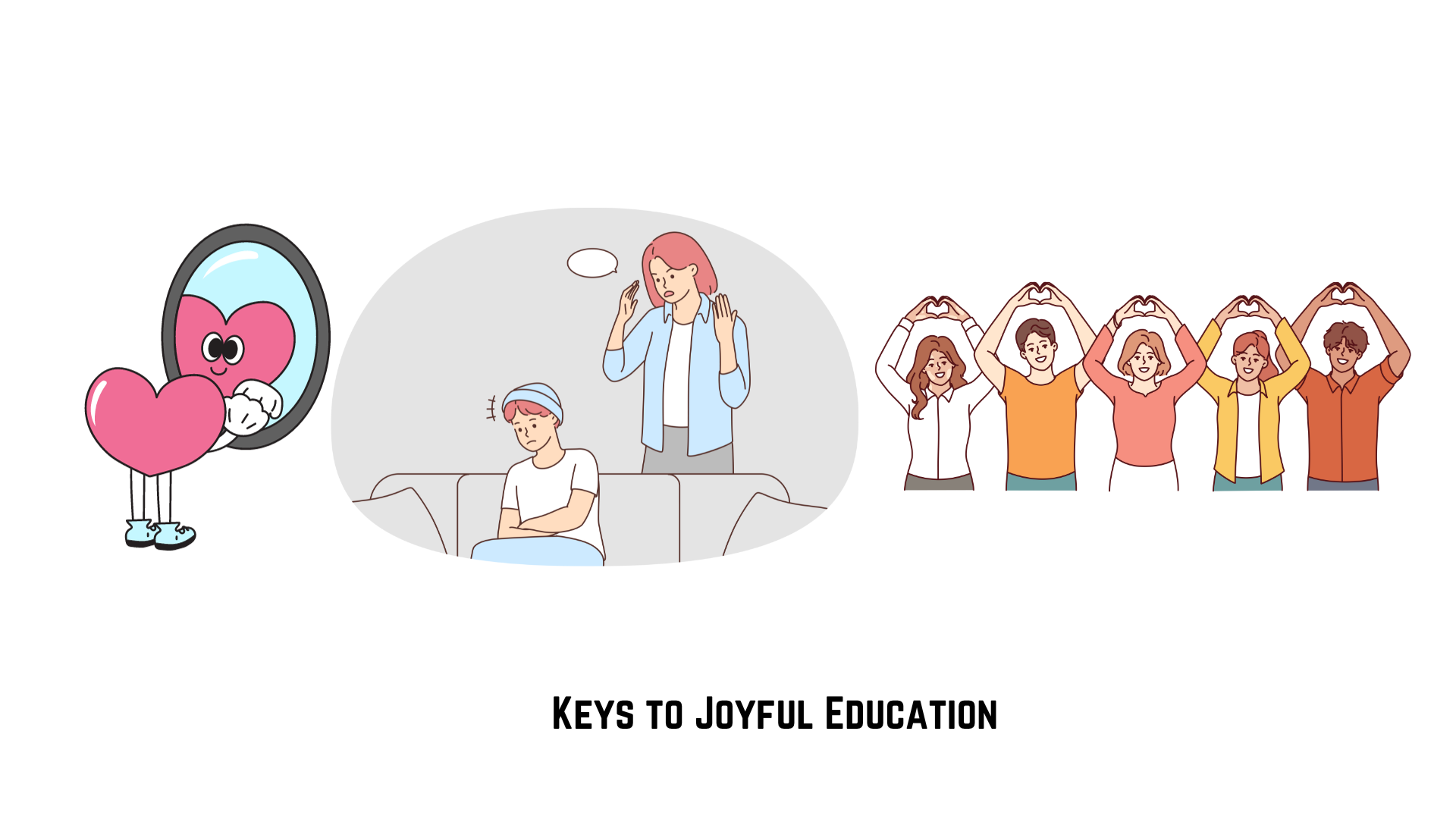Trending Now
- IPL 2024 begins with a bang. First contest between CSK and RCB.
- Election commission allots mike symbol to Naam Thamizhar Katchi
- AIADMK promises to urge for AIIMS in Coimbatore, in its election manifesto.
- Ponmudi becomes higher education minister.
Columns
Dalit march in Gujarat faces backlash as it enters the last stretch
![]() August 14, 2016
August 14, 2016
As protestors walk and bike through Saurashtra’s villages, they face stone pelting and highway blockades.
Gai ehni maa chhe, kutro ehno baap chhe!” The cow is their mother, the dog is their father!
The sloganeering by nearly 200 Dalit men on motorbikes was intense on Saturday afternoon. Their chant raised more than a few eyebrows among non-Dalit onlookers in Gir Somnath district’s Kodinar town in Gujarat. Among the onlookers was Ravi Jhala, a stationery store owner and a Rajput by caste.
A month after four Dalits were stripped and brutally beaten by cow vigilantes in neighbouring Una town, Jhala knew that a large procession of Dalit protesters was already on its way from Ahmedabad to Una, in a historic ten-day, 350-km padyatra (march) that would end on August 15. But he had missed the news that another Dalit rally – this one on motorbikes – had been organised on August 13 from coastal Veraval in south Gujarat to Una’s Mota Samadhiyala village, the home of the four abused Dalits.
Kodinar is located halfway between the 80-km stretch from Veraval to Una, and as the bikers chanted their way through the town, Jhala and other non-Dalit shopkeepers peeked out of their stores, watching the scene with a mixture of curiosity and a hint of discomfort.
“What happened to those Dalit boys in Una was horrible, it should never have taken place,” said Jhala. “Such incidents take the whole country back by a few steps.” Then, shaking his head with a frown, Jhala grew more inarticulate. “But these protests, you know – it’s not good to inconvenience people. It’s like taking law into your own hands. It’s not good.”
By evening, the discomfort grew into hostility. As the bike rally returned from Mota Samadhiyala village on Saturday night, it faced stone pelting in Samter village.
The impact was felt by the Dalit padyatra on Sunday morning. A crowd of dominant caste men stood on the highway near Samter, blocking its route. Some of them identified themselves as gau rakshaks, or cow protectors. They said that the slogans chanted by the bikers had offended them.
“Gai ehni maa chhe, kutro ehno baap chhe!” The cow is their mother, the dog is their father!
The sloganeering by nearly 200 Dalit men on motorbikes was intense on Saturday afternoon. Their chant raised more than a few eyebrows among non-Dalit onlookers in Gir Somnath district’s Kodinar town in Gujarat. Among the onlookers was Ravi Jhala, a stationery store owner and a Rajput by caste.
A month after four Dalits were stripped and brutally beaten by cow vigilantes in neighbouring Una town, Jhala knew that a large procession of Dalit protesters was already on its way from Ahmedabad to Una, in a historic ten-day, 350-km padyatra (march) that would end on August 15. But he had missed the news that another Dalit rally – this one on motorbikes – had been organised on August 13 from coastal Veraval in south Gujarat to Una’s Mota Samadhiyala village, the home of the four abused Dalits.
Kodinar is located halfway between the 80-km stretch from Veraval to Una, and as the bikers chanted their way through the town, Jhala and other non-Dalit shopkeepers peeked out of their stores, watching the scene with a mixture of curiosity and a hint of discomfort.
“What happened to those Dalit boys in Una was horrible, it should never have taken place,” said Jhala. “Such incidents take the whole country back by a few steps.” Then, shaking his head with a frown, Jhala grew more inarticulate. “But these protests, you know – it’s not good to inconvenience people. It’s like taking law into your own hands. It’s not good.”
By evening, the discomfort grew into hostility. As the bike rally returned from Mota Samadhiyala village on Saturday night, it faced stone pelting in Samter village.
The impact was felt by the Dalit padyatra on Sunday morning. A crowd of dominant caste men stood on the highway near Samter, blocking its route. Some of them identified themselves as gau rakshaks, or cow protectors. They said that the slogans chanted by the bikers had offended them.
Rahul Sharma, a former IPS officer and one of the organisers of the Dalit padyatra, clarified that the padyatra had nothing to do with the slogans chanted by the bikers.
But the crowds near Samter village remained aggressive, despite police presence.
Two journalists, Amit Kumar of Two Circles and Greeshma Aruna Rai of Dalit Camera, who were filming the blockade near Samter village, said the crowd heckled and assaulted them, forcing them to leave.
A police officer, who did not wish to be named, denied that the police had allowed the crowds to block the highway and disrupt the yatra.
Eventually, the Dalit protestors were forced to turn back, board vehicles and take a longer route to Mota Samadhaliya.
Dalit uprising
Nonethless, Saturday’s bike rally, organised by the Gujarat Dalit Sangathan and a host of smaller Dalit rights groups in the state’s Saurashtra region, was a relatively peaceful procession escorted by the local police. Although he did not wish to specify, Jhala’s reference was more likely to the aggressive protests that broke out across Saurashtra a week after the Una incident.
On July 11, a mob of self-proclaimed gau rakshaks (cow protectors) descended upon four Dalit youths in Mota Samadhiyala as they carried out their traditional jobs of skinning dead cows. Accusing them of cow slaughter, the mob beat them with iron rods, forced them into a car, drove them to Una city, stripped and tied them to the back of an SUV and continued to beat them right near a police station. The ordeal lasted nearly four hours and within days, videos of the brutality – ironically shot and shared by the vigilantes themselves – went viral among Gujarat’s Dalits.
The incident turned out to be the trigger for a unique Dalit uprising in Gujarat. On July 18 and 19, hundreds of Dalits took to the streets in Saurashtra in protests that included some bus burning, stone pelting and violent clashes with the police. Nearly 16 Dalit men attempted suicide, of which two lost their lives. The movement picked up momentum when traditional cow skinners in Surendranagar district declared that they would no longer pick up dead cows for the upper castes and began leaving cattle carcasses in the middle of public roads.
The protests have now grown more peaceful and organised but show no signs of abating. Upper caste and Other Backward Class groups, meanwhile, are not sure of how to react.
‘We are tired of the protests’
“We knew the family of Dalits who got beaten up by the gau rakshaks, they used to take away our cattle when they died,” said a Patidar woman from Mota Samadhiyala village who did not wish to be named. Standing in a huddle with other women from her family, she watched from her doorstep as protesters from the bike rally on Saturday gathered around a makeshift stage set up in the only open chowk in the village.
“We are all sad about how those boys were treated, but we are so tired of these protests every two days,” she said. “The police are here all the time and there is no peace. We just want all this to end.”
Dhansukhbhai Patel, another Patidar from Mota Samadhiyala, had placed a chair outside his house to observe the protesters in the chowk. Last month, he had offered his large house to host a group of visiting journalists from Mumbai, but on Saturday, he was not comfortable getting closer to the crowd.
“That day when our Dalit neighbours were beaten up, we were all in our farms. If we knew what was happening, we would have never let it go on,” said Patel, a groundnut and cotton farmer. “But these protests are not good for anyone.”
One reason, said Patel, is because the protest in the chowk had blocked one of the village’s unpaved roads. “Besides, all these men and women have missed a whole day’s work to participate in this bike rally. Many of them are labourers in our farms. What good is it when work doesn’t get done?”
Back in Kodinar, Jhala claimed it is unfair for Dalit protesters to target all cow protection groups. “The men behind the Una incident were not real gau rakshaks – real ones would never physically assault anyone, specially Dalits who skin animals as their profession,” he said. “[But] there are other people who actually kill cows and eat them – why doesn’t anyone do anything about them?”
Disclaimer: The views expressed above are the authors own






















